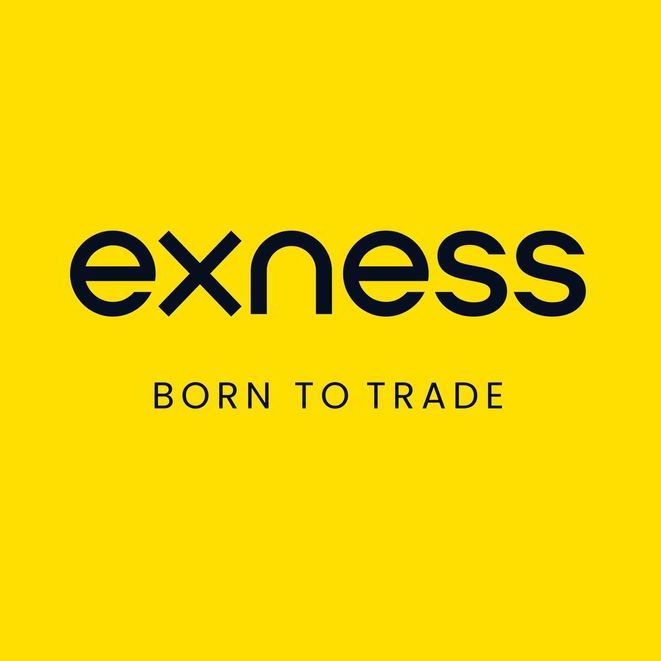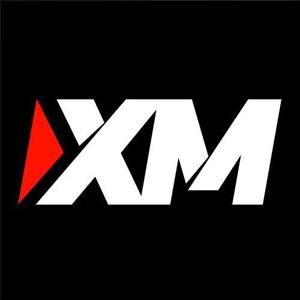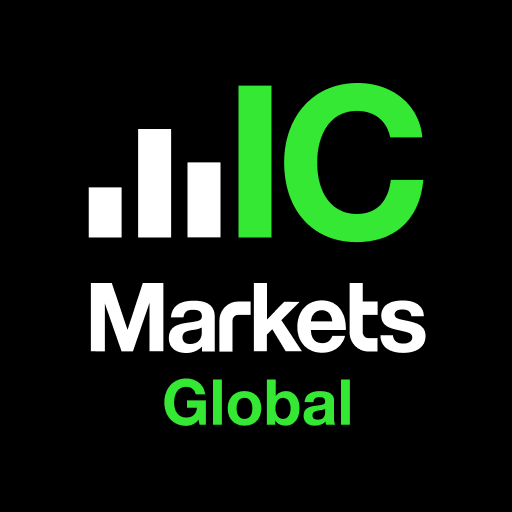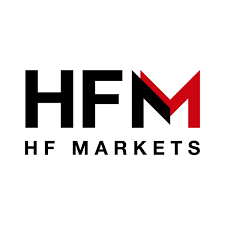Find Your Perfect Broker in Minutes
Price Trader helps you pick the best broker platform, in a simple, personalized process taking just a few clicks.
Join Over 1,036,044 Happy Users
Price Trader helps you pick the best broker platform, in a simple, personalized process taking just a few clicks.
Join Over 1,036,044 Happy Users
Rated Excellent on
32 Million + Clients
6 Million + Brokers
195 + Countries
Navigate the world of trading with ease through broker recommendations crafted to help you unlock new opportunities.
See All Brokers
Are you searching for the perfect brokerage platform to kickstart your investment journey? Look no further! Our comprehensive broker comparison tool allows you to explore and evaluate a wide range of brokerage options.
Easy To Compare
Easy To Search In Filter
Find Broker`s Very Easily

Price Trader could focus specifically on cryptocurrencies, providing tools and resources for buying.
See All Brokers
5/5
Save Wishlist's
317 people chose this broker
Regulation & Safety: | Yes 4.9/5 |
Best for beginners: | Yes |
CMA Regulated: | Yes |
Commissions & Fees: | Low 4.9/5 |

5/5
Save Wishlist's
369 people chose this broker
Regulation & Safety: | Yes 4.9/5 |
Top TradingView Broker: | Yes |
CMA Regulated: | Yes |
Commissions & Fees: | Low 4.8/5 |

5/5
Save Wishlist's
274 people chose this broker
Regulation & Safety: | Yes 4.8/5 |
Most popular globally: | Yes |
Best for beginners: | Yes |
Commissions & Fees: | Low 4.8/5 |

5/5
Save Wishlist's
277 people chose this broker
Regulation & Safety: | Yes 4.8/5 |
Top TradingView Broker: | Yes |
CMA Regulated: | Yes |
Commissions & Fees: | Low 4.7/5 |

5/5
Save Wishlist's
322 people chose this broker
Regulation & Safety: | Yes 4.8/5 |
Beginner Friendly: | Yes |
CMA Regulated: | Yes |
Commissions & Fees: | Low 4.8/5 |

4.9/5
Save Wishlist's
264 people chose this broker
Regulation & Safety: | Yes 4.9/5 |
Top TradingView Broker: | Yes |
Free TradingView Premium: | Yes |
Commissions & Fees: | Low 4.8/5 |


Welcome to Price Trader! We're dedicated to helping you find the perfect broker to meet your financial goals. Our mission is to provide you with comprehensive, unbiased comparisons of brokerage services, making your search effortless and efficient.
Active Brokers
Active Clients
Choosing the right broker is essential for successful trading and investing. At Price Trader, we've carefully reviewed and selected
At Price Trader, our users satisfaction is our top priority. Here are some testimonials from our valued clients who have found success.

Price Trader could focus specifically on cryptocurrencies, providing tools and resources for buying.
See All BrokersExplore insights from fellow investors and traders to inform your decisions effectively and confidently.
Contact Us
Get quick, clear answers to the most common questions from traders and investors about using Price Trader to choose the right broker.
